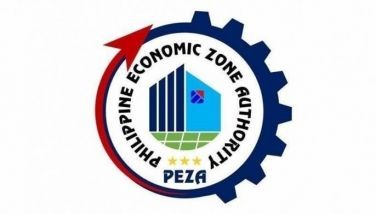PEZA exports dip in 11 months
Stricter police rules on chemicals sting imports
MANILA, Philippines – Philippine Economic Zone Authority (PEZA) exports in 11 months to November last year continued to feel the sting of more stringent rules in importing chemicals by the Philippine National Police (PNP).
PEZA said exports from its administered economic zones dipped 0.35 percent last year to $40.38 billion from $40.52 billion during the same period in 2014.
The PNP, which is mandated by law to regulate chemicals used to produce explosives, expanded its list of controlled chemicals last year to include common household chemicals often used by manufacturers, particularly those in the electronics and semiconductor sectors.
Companies that use these chemicals were required to secure a permit from the PNP to import, handle or transport them.
Recognizing the difficulties and delays encountered in securing permits, the PNP issued a 60-day moratorium from Dec. 9, 2015 to Feb. 9, 2016 temporarily suspending the regulation to facilitate a review of the existing list and the attendant regulations.
“Many of the PEZA companies are importing these chemicals. Without these, manufacturers cannot produce. So that would have a big effect for the last quarter of 2015 but it has improved and I think it will improve,” PEZA director general Lilia de Lima said.
“While they (PNP) are there to protect us, what we want to seek is if it is really not that necessary, then let’s not make it too hard for them (importers),” she added.
The Philippine Exporters Confederation Inc. (Philexport) said a draft memorandum circular that would clarify the list of chemicals under the PNP’s control is expected to come out by the first week of March based on the results of a meeting of the main technical working group (TWG) addressing issues on the matter.
Philexport further said the memorandum circular would detail how applicants can obtain permits and accreditation to acquire such substances.
According to De Lima, the TWG is still in the process of categorizing some 101 chemicals into three types— red being high-risk explosives, yellow as low-risk, and green as not explosive.
“The TWG is still meeting and they are studying each of the 101 chemicals. There are those that have already been removed (from the high-risk explosives category) but it is still not complete,” De Lima said.
Philexport said the PNP moratorium is likely to be extended to April due to the many issues being sorted out in the TWG meetings.
The Board of Investments, which with the Department of Interior and Local Government co-chairs the TWG for controlled chemicals, said it has been meeting with stakeholders to discuss the proposed memorandum circular.
- Latest
- Trending





















